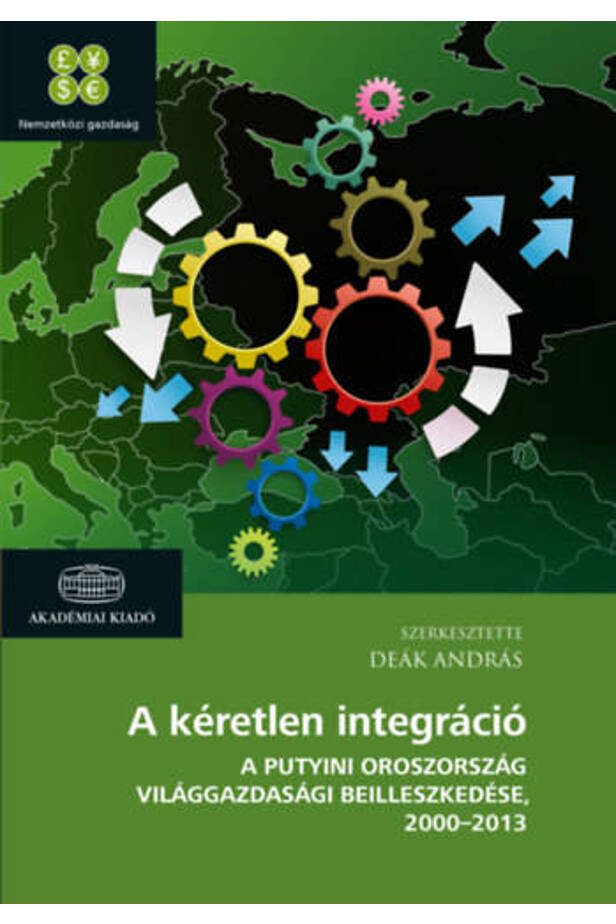Unsolicited integration
Delivery time: 2 - 3 business days
Quantity:
HUF 4,290
Description
Why did Russia decide in 2014 to abandon world economic integration for the reunification of the nation after the successful "return" and prosperity of the Putin period and to bear the burden of international sanctions? Why did the Russian elite think that an increasingly monocultural, oil-based economy would be able to endure isolation in the long run? Why could foreign capital not become a system-forming element in Russian modernization? To what extent has Moscow tried to redefine its role in the world economy and strengthen the economic foundations of its great power? To what extent have you managed to stop the disintegration processes in the post-Soviet region and make yourself attractive in the region’s competition for great power? This volume of studies gives the reader a kind of natural history of Russian and post-Soviet economic convergence. For the first time under Putin, Russia has been able to shape or adapt substantially to long-term world economic processes. The volume aims to present the dilemmas of modernization and power, the contradictions that accompanied this process, draws the world economic balance of the era, and somehow explains why deeper integration has not become attractive to Moscow. The authors of the volume are the staff of the Institute of World Economy of the Hungarian Academy of Sciences KRTK and researchers who have been dealing with the economy of the region for a long time.
| publisher | Academic Publisher |
|---|---|
| scope | 318 |
| volume unit | oldal |
| ISBN | 9789634540588 |
| year of publication | 2017 |
| binding | cardboard adhesive bandage with retractable tab |
| editor | Deák András |

Sign up for our newsletter and be the first to know!
A Zamnia hírlevélre való feliratkozással megerősítem, hogy betöltöttem a 16. életévemet.


